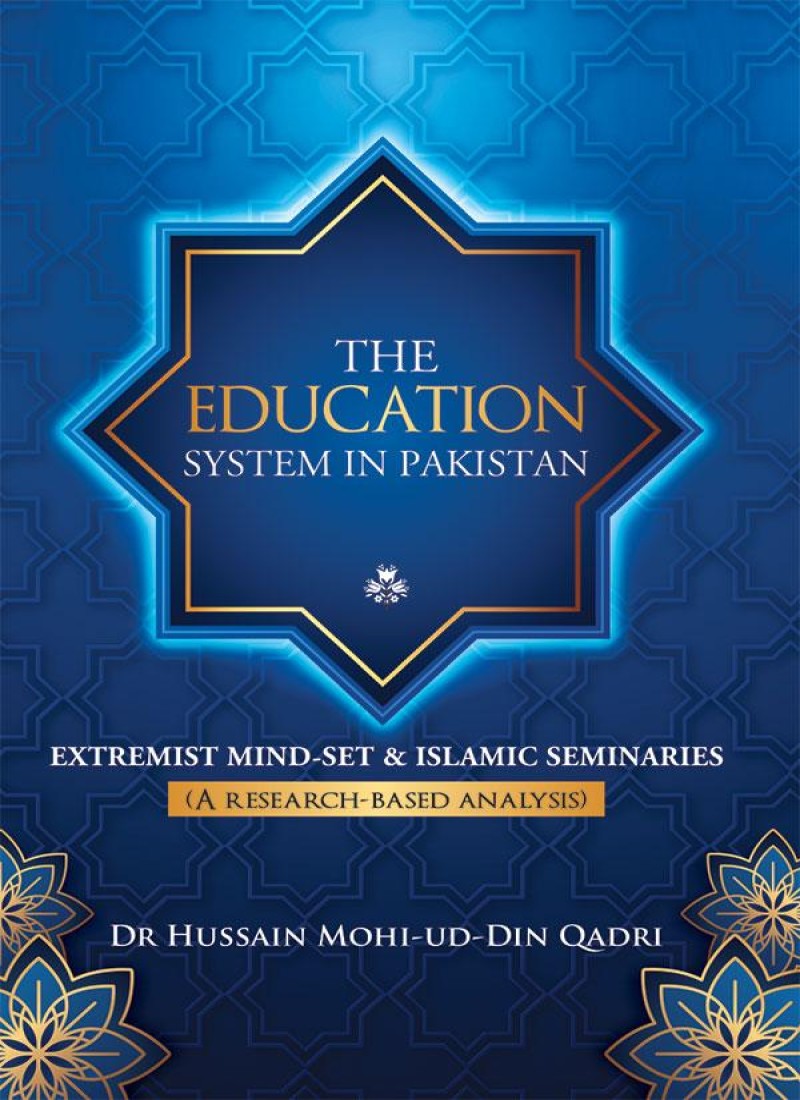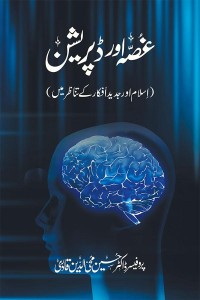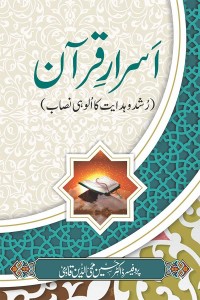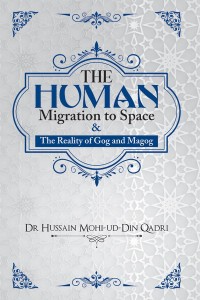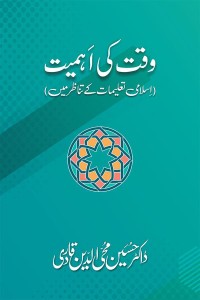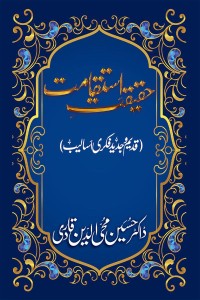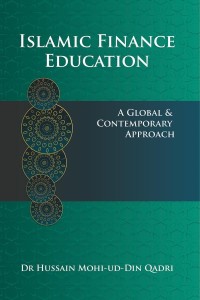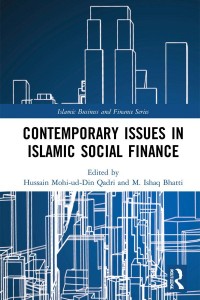This book highlights the role of education in fighting extremism in Pakistan. The education system before the partition of the Indian subcontinent and after the creation of Pakistan is analysed, exploring the reasons why it has failed to address social ills deeply rooted in the country. Three movements for improving the educational system and their far-reaching effects have been examined. Moreover, the present research-based study argues how the education system alongside effective and targeted curricula may be used in order to fight terrorist ideology and bring about peace.
The book also focuses on multiple factors related to foreign, political and financial influences on these madrasas and the extent of religious extremism in them. The study is based on surveys carried out in religious schools of the Punjab province whose respondents were madrasa students, as well as their parents and teachers, so that reliable information may be obtained and correct interpretations from the data may be made. Modern research methods were adopted in order to reach impartial findings. The book also suggests a complete code of madrasa reforms so that these seminaries can play a better role in the service and development of society and country.
 The Quran
The Quran 
 Imaniyat o Ibadiyat
Imaniyat o Ibadiyat  Itiqadiyat (Science of Beliefs)
Itiqadiyat (Science of Beliefs)  Sirat o Fazail
Sirat o Fazail  Khatm e Nubuwwat o Taqabul e Adyan
Khatm e Nubuwwat o Taqabul e Adyan  Fiqhiyat
Fiqhiyat  Akhlaq o Tasawwuf
Akhlaq o Tasawwuf  Awrad and Wazaif
Awrad and Wazaif  Economics
Economics  Ideologies
Ideologies  Constitutions and Legislative Practices
Constitutions and Legislative Practices  Celebrities and Luminaries
Celebrities and Luminaries  Islam and Science
Islam and Science  Peace, Love and Counter-Terrorism
Peace, Love and Counter-Terrorism 
